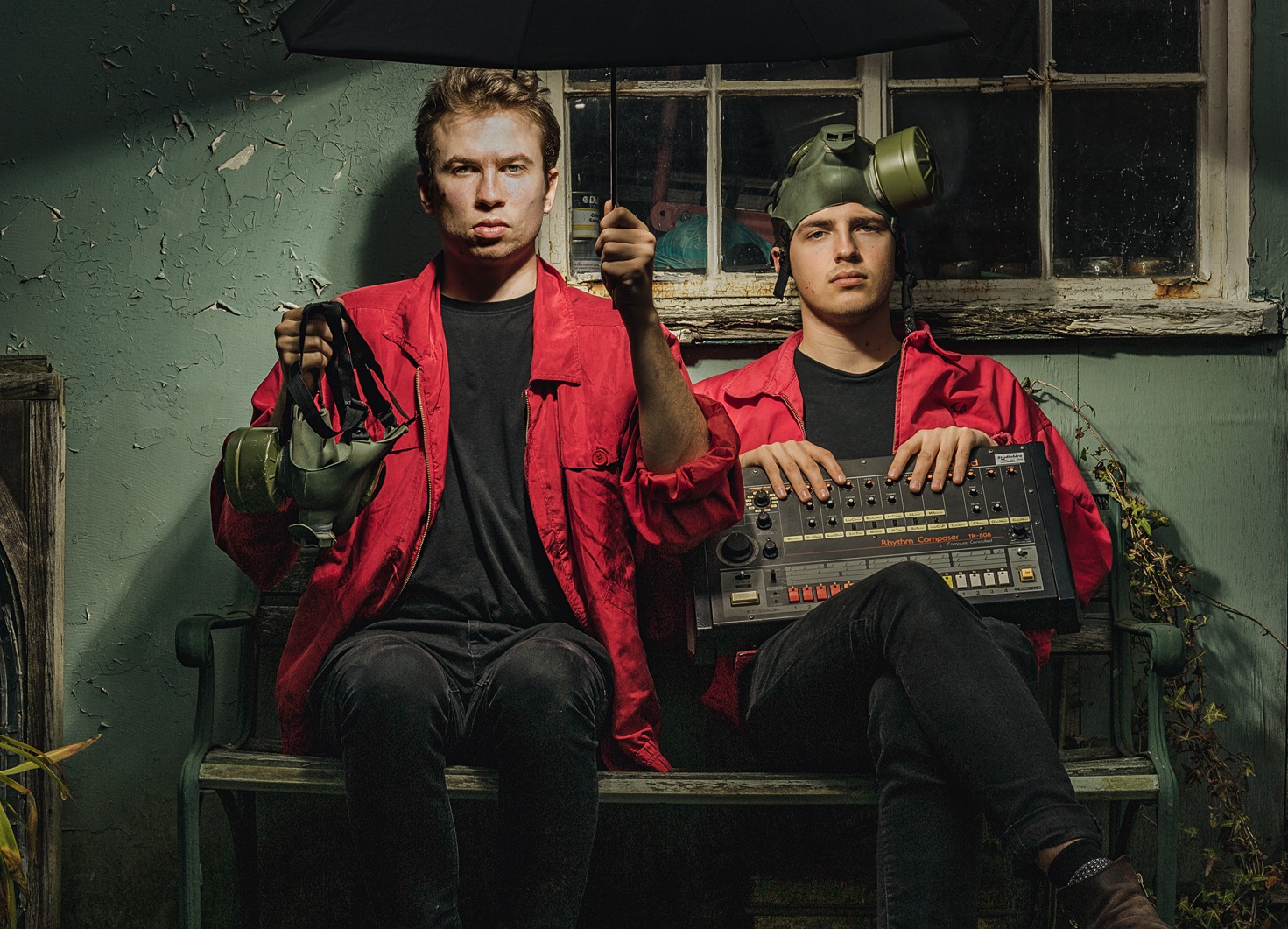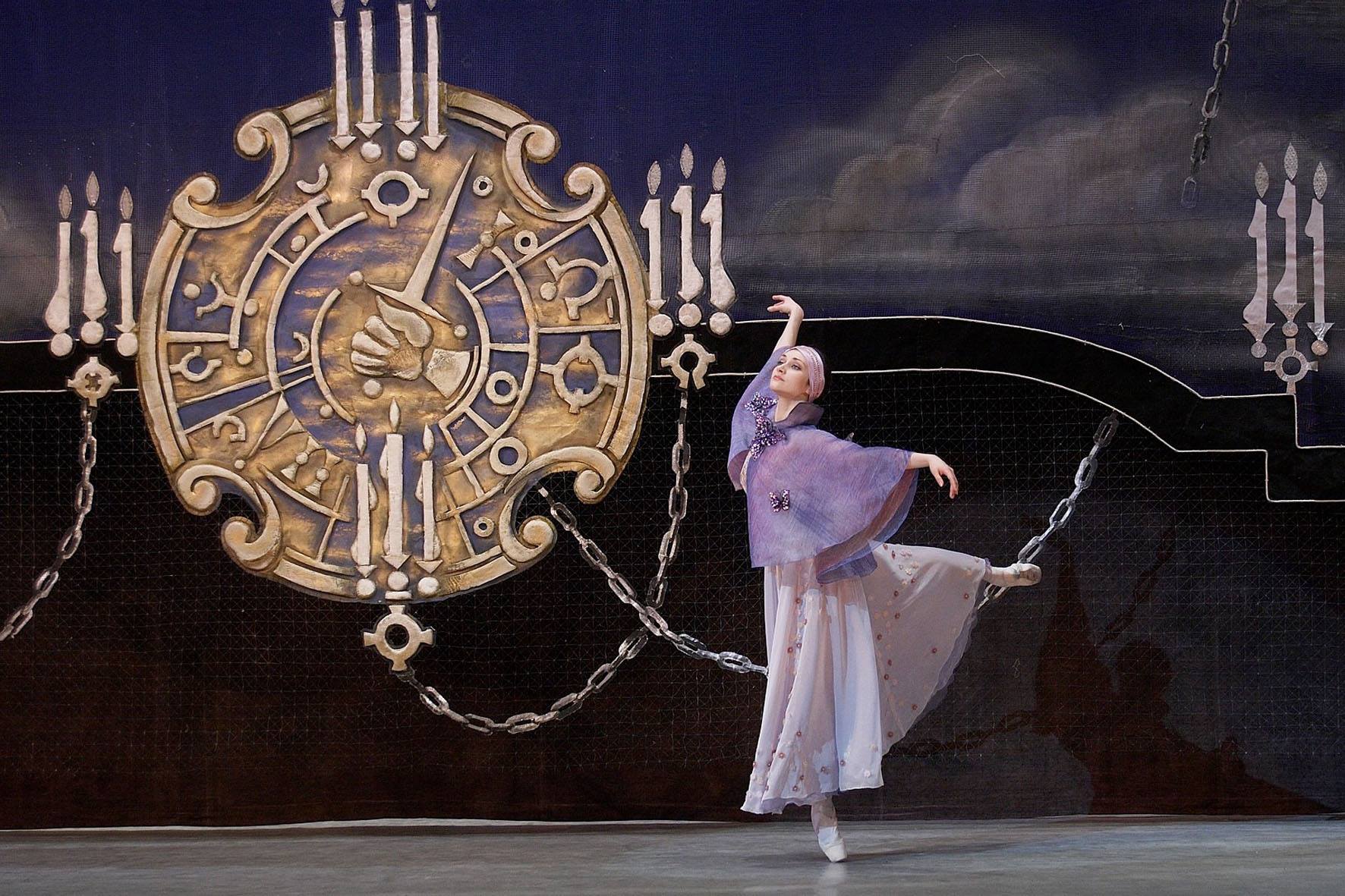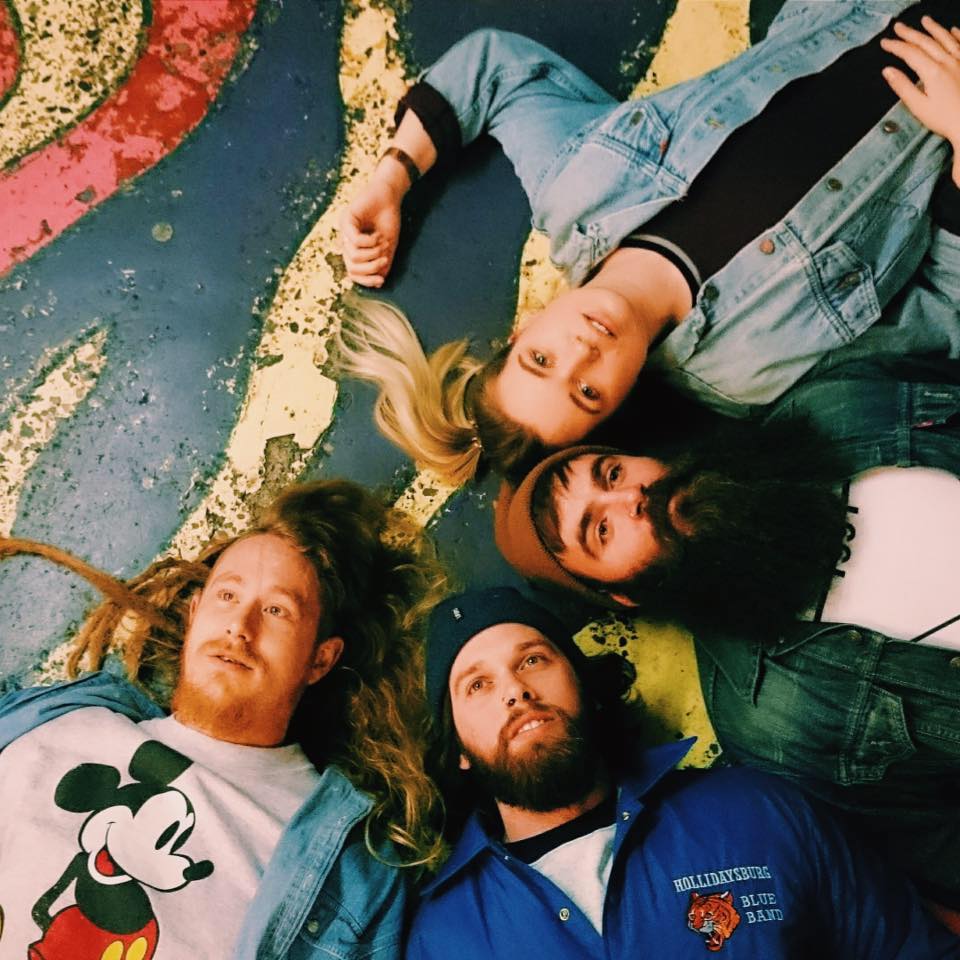What is marvellous — or, perhaps, shameful — about streaming services, is the ability for bands to explode within a microcosm. Like a puck of snow sliding off a cliff, rolling into a boulder toward a tiny village, bands can appear small, playing close venues as their listenership balloons. Eventually, they take the mainstream by the shoulders, shake it, and force it to listen. I think APRE will be such a band.
I’d not heard of APRE before the opportunity arose to interview them. Forming just over a year ago, playing mainly support gigs, they’ve crept into the playlists of young Indie fans, amounting just over three million streams on their hit, All Yours. Preparing for our chat, it becomes apparent that many have ‘heard of them’, they ‘think so…’ – at least, those I’d asked had.
I meet the band in the basement of Komedia. The first member I meet, Jules, is smiley, and greets me like a friend. Through a pair of double doors we watch the soundcheck for Inhaler, the band they have come to support. Soon enough, Charlie enters, brow furrowed, juggling a meal deal.
We resolve to leave the sound of clapping snares and find a place more quiet. We move out the club and take refuge at the back of some coffee shop. Charlie gets us teas, into which he pours an inordinate amount of milk. Is milk not bad for singers? Surely he should be sat in a steam room now, or snorting ground ginger. Watching, I keep shtum.
The pair formed relatively recently, just over a year now – a short time to have had three million streams. Prior to APRE, they had played respectively in various bands, meeting after gigs to play around and record bits. I ask whether those bands were different from APRE.
“Not by miles…” Charlie thinks. “They were just a bit more sh —”
“— There was just less soul.” Jules interjects, silencing a four-star word.
They assent, these bands felt more like work than play.
“Playing what people had already written… there’s no sense of adventure in what you’re doing. It’s just quite obvious. That’s why when we did our own thing it was much more exciting.” Charlie says.
There’s an undeniable energy between them. The sense that things have moved fast, getting together, being signed, releasing singles, places everything they do at a certain pace. There’s a synergy between them, an understanding, which undeniably floats through in their music.
“I remember, walking on Ealing Common, listening to one of our songs [When You Love Someone] and I had this epiphany. A pride in our creation.” Charlie says.
“From then on, we were only writing for each other.” Jules adds. “It was only for us and our families.”
They say they’re playing catch-up. Only recently has the significance of their inclusion in the FIFA playlist dawned on them. People from school have started getting back in touch, and they’re driven to re-enter the studio. Hitherto, the band’s career consists of EPs. Is there an album on the way?
“The songs are starting to get there…” Jules thinks. “We want to release more songs, get a fan base, before we release an album.”
“We have about 96 songs.” Charlie adds.
About 96? That’s an album’s worth, surely.
“I’m sure it’s there. A lot of new bands put albums out and no-one knows who they are, so they get swallowed up. People are lazy, if you put 12 songs out, they’ll listen to 10.”
Is that the fault of single culture?
“Unfortunately.” Jules says.
Nevertheless, the bands forethought is admirable. Being able to hold themselves, to not release the full catalogue, is clever. They may be able to circumvent the black hole at the centre of the music industry. As well as being artists, they’re critics. At least, Charlie is. How did he find Tame Impala at Glastonbury?
“Like listening to a CD with nice lights.”
He’d rather had been at Stormzy, though he laments the duet with Chris Martin.
“Somebody said it was like two drunk guys who had found a piano. Stormzy can’t sing, and apparently that’s the charm in it, but…”
So he’s not a fan?
“No, I think he’s amazing. He’s set a scene, and lead a load of people. Where Skepta’s gone underground, Stormzy’s gone mainstream.”
The luxury of criticism is that one can comment with impunity. Both Charlie and Jules are astute. They understand the ins and outs of their industry. But critics have nothing on those who perform. As performers, they’re capable of being the drunk men with the piano. Do they remember a time they’ve really bombed?
“Not together, but a lot with other projects.” Charlie says. “I played once to only a sound engineer, and then he left…”
“Our first gig as APRE was horrific.” Jules adds. “We asked our manager if he could book us at a warm-up gig. We played to two people playing pool and a woman sat at the back, who kept joining in.”
Do those kind of experiences make them want to give up? Surely, at the least, those performances are demoralising.
“Even being a warm-up act…” Charlie says “People don’t give a sh —”
“You’ve got to win them over.” Jules interjects.
“The first three songs are hard, because that’s when the judgement takes place.” Charlie says.
But there’s a difference between Europe and the UK. According to them, there is something in English audiences that hold them back. They feel more confident playing to Europe. Festivals are better, like Brighton’s The Great Escape, where they’ve played twice now, at Patterns and on the Seafront. This being their third time, I wonder how they’ll fair. Outside, the rain falls sideways, and on a Monday I can’t envision many wanting to leave their warm homes. We get up, shake hands, and part till the gig.
Later, I walk into a sparsely packed room, where APRE are warming up for Inhaler. I understand what they were talking about, heads are just nodding, and the audience aren’t the age that tend to go wild. Nevertheless, Charlie’s voice seems separate from his body. It fills the room. The milk did nothing. Jules and him rock together. They deserve their three million streams.





